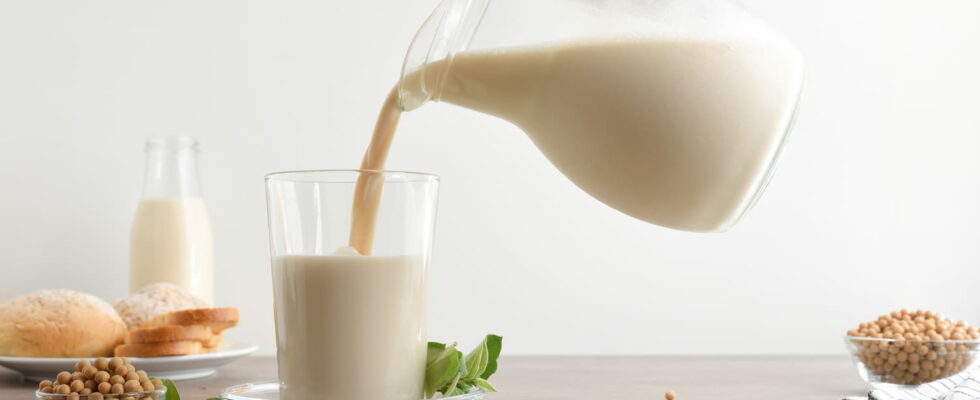Milk, tofu, edamame, etc. are often controversial food choices…
Very present in Asian cuisine, soy is gaining ground on French plates. For good reason, its culture has spread to many regions of the world, making it easily accessible and affordable. Soy is very popular for its many uses in cooking and for its health benefits. Its unsaturated fatty acids, for example, help reduce cholesterol levels, reducing the risk of heart disease. Rich in calcium and magnesium, it promotes good bone health. It is an excellent source of fiber that the intestines appreciate and, thanks to its proteins, it helps stabilize blood sugar levels. However, many are wary of this superfood which they accuse of being responsible for inflammation…
Inflammation is a natural reaction that the body puts in place in response to an attack, whether internal (such as an infection) or external (such as trauma, burn or poor diet). Can soy promote such inflammation in the body? “Yes and no”, answers naturopath Julie Pradines. Studies have suggested that soy may have inflammatory effects in specific cases, such as when it is highly processed (and present in ultra-processed foods) or in people with specific allergies or sensitivities to components of soy. soy. These could present an inflammatory response after consumption. Conversely, a Korean study published in 2005 showed that saponins present in soy appear to have anti-inflammatory effects, preventing the activation of inflammatory cytokine genes. Another study published in 2017 showed that ingesting soy protein reduced inflammation and may lessen the severity of inflammatory bowel disease. “Soy also contains anti-inflammatory compounds called isoflavones”adds the naturopath. “These can help reduce inflammation in the body.”
Be careful though with these isoflavones. These are antioxidants similar to the female hormones estrogen. “Although recent studies question the effects of soy on hormone-dependent breast cancer, it is recommended to limit its consumption to one to two units per day for those affected”, explains Julie Pradines. Generally speaking “you can incorporate tofu, tempeh, soy milk, edamame or even soy protein products into your diet to benefit from its many benefits. Don’t hesitate to experiment with different recipes and cooking techniques to find out what you prefer”concludes our interlocutor.
Thanks to Julie Pradines, naturopath and author of the book “Anti-inflammatory – Advice and recipes from a naturopath” published by Solar.
